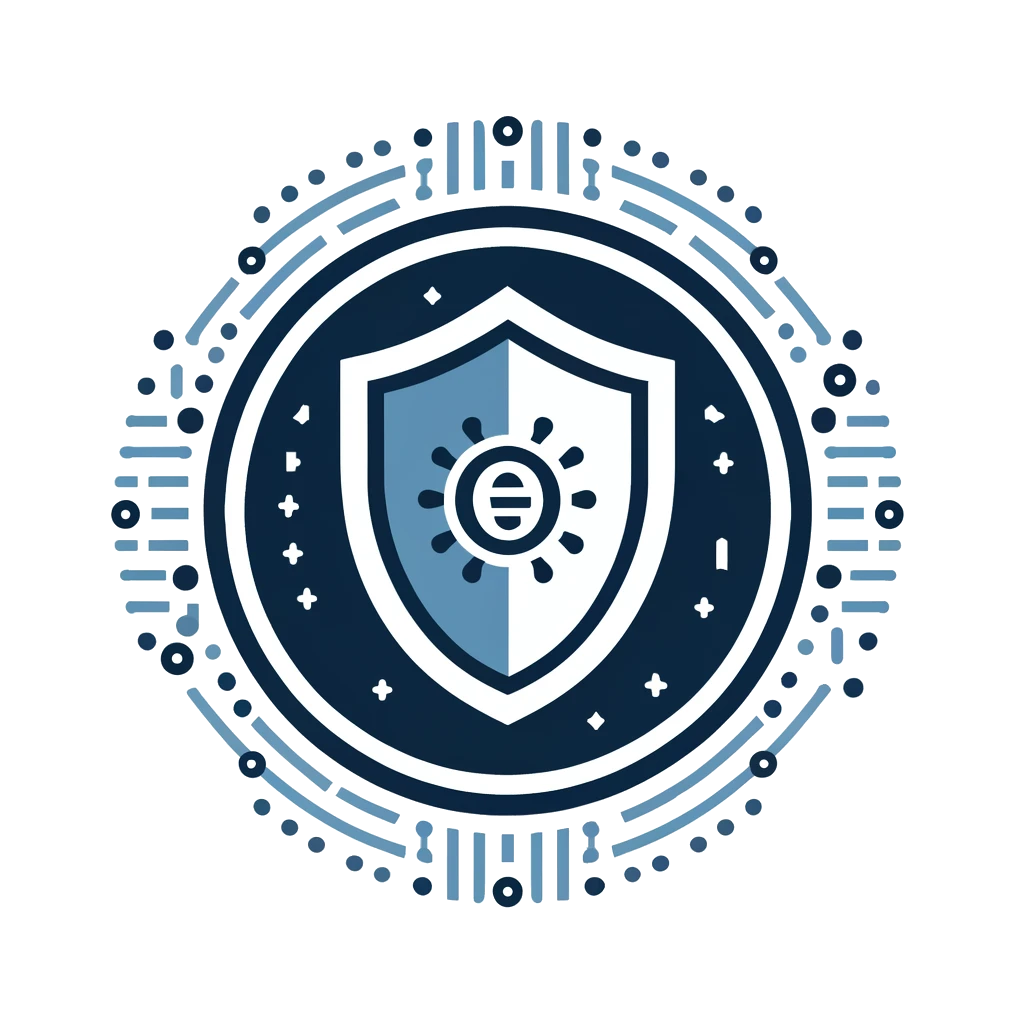Children's Internet Protection Act
Children's Internet Protection Act
The Children's Internet Protection Act (CIPA) is a United States federal law enacted to address concerns about children's access to harmful or inappropriate online content and to promote internet safety in schools and libraries that receive federal funding for internet access.
Overview
The Children's Internet Protection Act requires schools and libraries that receive federal funding for internet access to implement measures to protect children from accessing obscene, harmful, or inappropriate content while using the internet. CIPA aims to promote the safe and responsible use of online resources in educational settings and to encourage the adoption of internet filtering and monitoring technologies to prevent access to harmful content.
Key Provisions
Key provisions of the Children's Internet Protection Act include:
- Internet Safety Policies: Requiring schools and libraries to adopt and enforce internet safety policies that address the filtering and monitoring of internet access to protect children from accessing harmful or inappropriate content.
- Technology Protection Measures: Mandating the use of technology protection measures, such as internet filtering software or content-control systems, to block or filter access to obscene, pornographic, or harmful content while allowing access to educational resources.
- Educational Awareness: Promoting educational programs and initiatives to raise awareness among students, parents, teachers, and library staff about internet safety, responsible online behavior, and the risks associated with accessing inappropriate content.
- Public Disclosure: Requiring schools and libraries to provide public notice of their internet safety policies, including the types of content blocked or filtered, the criteria used for filtering decisions, and the procedures for requesting the unblocking of content.
- Review and Certification: Establishing procedures for schools and libraries to periodically review and assess the effectiveness of their internet safety policies and technology protection measures, as well as to certify compliance with CIPA requirements to qualify for federal funding.
Compliance Requirements
To comply with the Children's Internet Protection Act, schools and libraries must:
- Deploy Internet Filtering Software: Deploy internet filtering software or content-control systems to block or filter access to obscene, pornographic, or harmful content while allowing access to educational resources and other age-appropriate content.
- Adopt Internet Safety Policies: Adopt and enforce internet safety policies that address the filtering and monitoring of internet access, including procedures for the selection, implementation, and maintenance of technology protection measures.
- Provide Educational Awareness: Provide educational programs and resources to educate students, parents, teachers, and library staff about internet safety, responsible online behavior, and the risks associated with accessing inappropriate content.
- Public Disclosure: Provide public notice of internet safety policies, including the types of content blocked or filtered, the criteria used for filtering decisions, and the procedures for requesting the unblocking of content.
- Review and Certification: Periodically review and assess the effectiveness of internet safety policies and technology protection measures, as well as certify compliance with CIPA requirements to qualify for federal funding.
Enforcement and Penalties
The Children's Internet Protection Act is enforced by the Federal Communications Commission (FCC) and the Universal Service Administrative Company (USAC), which oversee compliance with CIPA requirements and administer the E-rate program that provides federal funding for internet access in schools and libraries. Failure to comply with CIPA requirements may result in the loss of federal funding for internet access.
